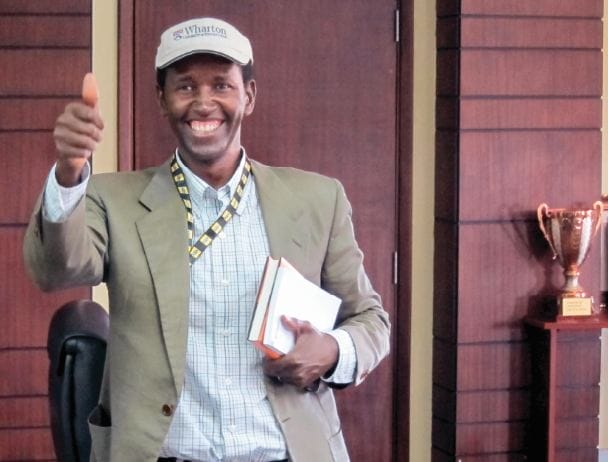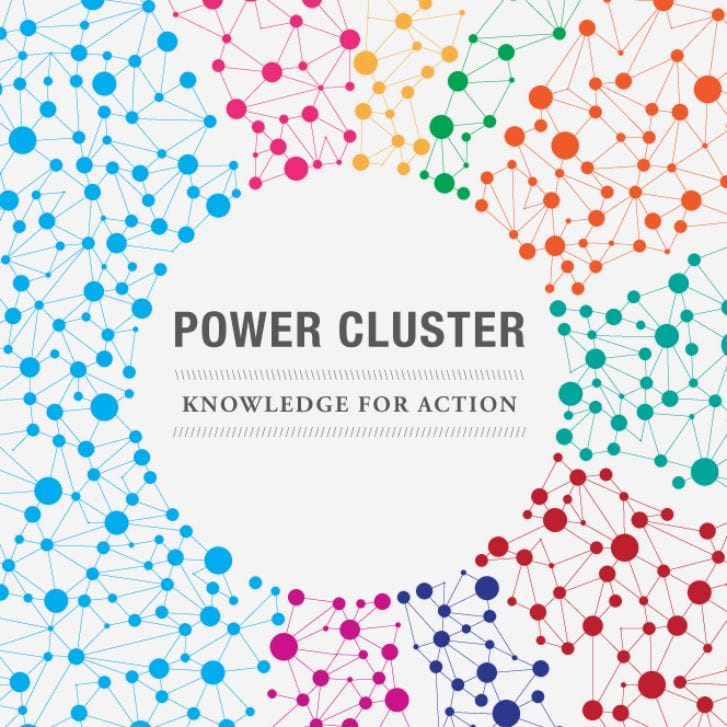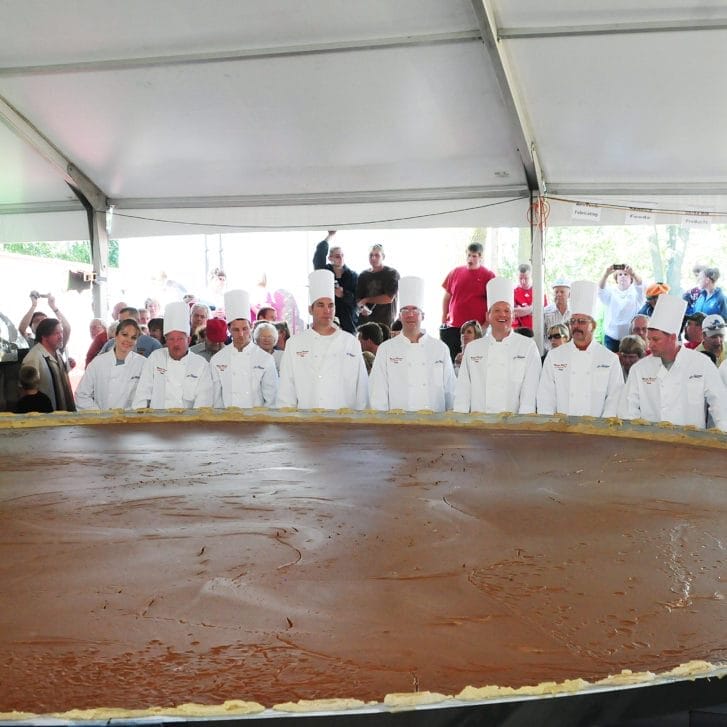Seventeen years ago, Rwanda was consumed by chaos. Radical Hutu elements slaughtered nearly 1 million people—Tutsis and moderate Hutus—in only 100 days. Today, Rwanda is considered one of the safest African countries. It is an incubator of entrepreneurship and innovation. This January, 27 Wharton students traveled to its capital Kigali for three days to find out how this transformation occurred.
Led by Katherine Klein, the Edward H. Bowman professor of management, these students took part in Management 893, a Global Modular Course titled “Conflict, Leadership, and Change: Lessons from Rwanda.” Klein created the course after seeing Rwanda’s metamorphosis for herself last year.
Klein was struck by the magnitude of the country’s transformation and its unique applicability to a number of management issues taught at Wharton, such as intergroup conflicts, prejudice, conformity to authority, transformational leadership, procedural justice, organizational change and visionary leadership.
“All of these things, as I reflected on Rwanda, are present in the extreme,” she says.
She teamed up with Eric Kacou, WG’04, born in the Ivory Coast, who leveraged his significant Wharton network on the African continent to develop three days packed with site visits, discussions and meetings with Rwandan leaders.
The first day dealt with the conflict of the 1994 genocide and the ensuing efforts toward reconciliation. The group visited the Kigali Genocide Memorial, where they heard testimony from a genocide survivor, and discussed the controversial and innovative gacaca system—a network of community courts through which accused genocidaires are tried by their fellow community members.
Liz Dahan, a first-year MBA, said that hearing the survivor’s story was particularly touching.
“First of all, how courageous of him to be able to share it,” she says. “That’s something that I think we were all really hungry for as witnesses to this transformation.”

The faces of some of the victims of the 1994 genocide are displayed at the Kigali Genocide Memorial.
The second day focused on leadership, and students had the opportunity to meet with the ministers of defense and gender. The topic of leadership was of special interest to second-year MBA Soumya Pati.
“There’s a vision which is decided upon at the highest level, they come up with a plan on how to implement it, and then it is communicated through all the different levels right down to the village level,” she said.
Day three emphasized Rwanda’s economy and featured meetings with local and foreign business leaders. Participants like Dahan and Pati left the country invigorated to become ambassadors for Rwanda and to spread the word of its impressive transformation. Yet Rwanda’s future is not set in stone.
“Rwanda touches my heart and my head,” Klein says. “I think it’s impossible not to be incredibly moved by the genocide and the sense of hope in the place, and that’s all the heart. And the head is, can this last? And how effective is this? Yes, we see tremendous amount of change, but what’s it going to look like in 10 or 20 years?”
Klein hopes to repeat this modular course on an annual basis, where she and her students will continue to wrestle with these complicated and thought-provoking questions.
Global Modular Courses expose students to a unique firsthand exposure to business challenges and opportunities in regions undergoing rapid change.


























